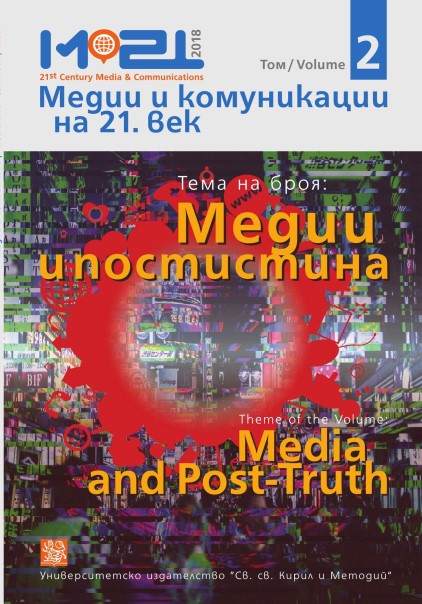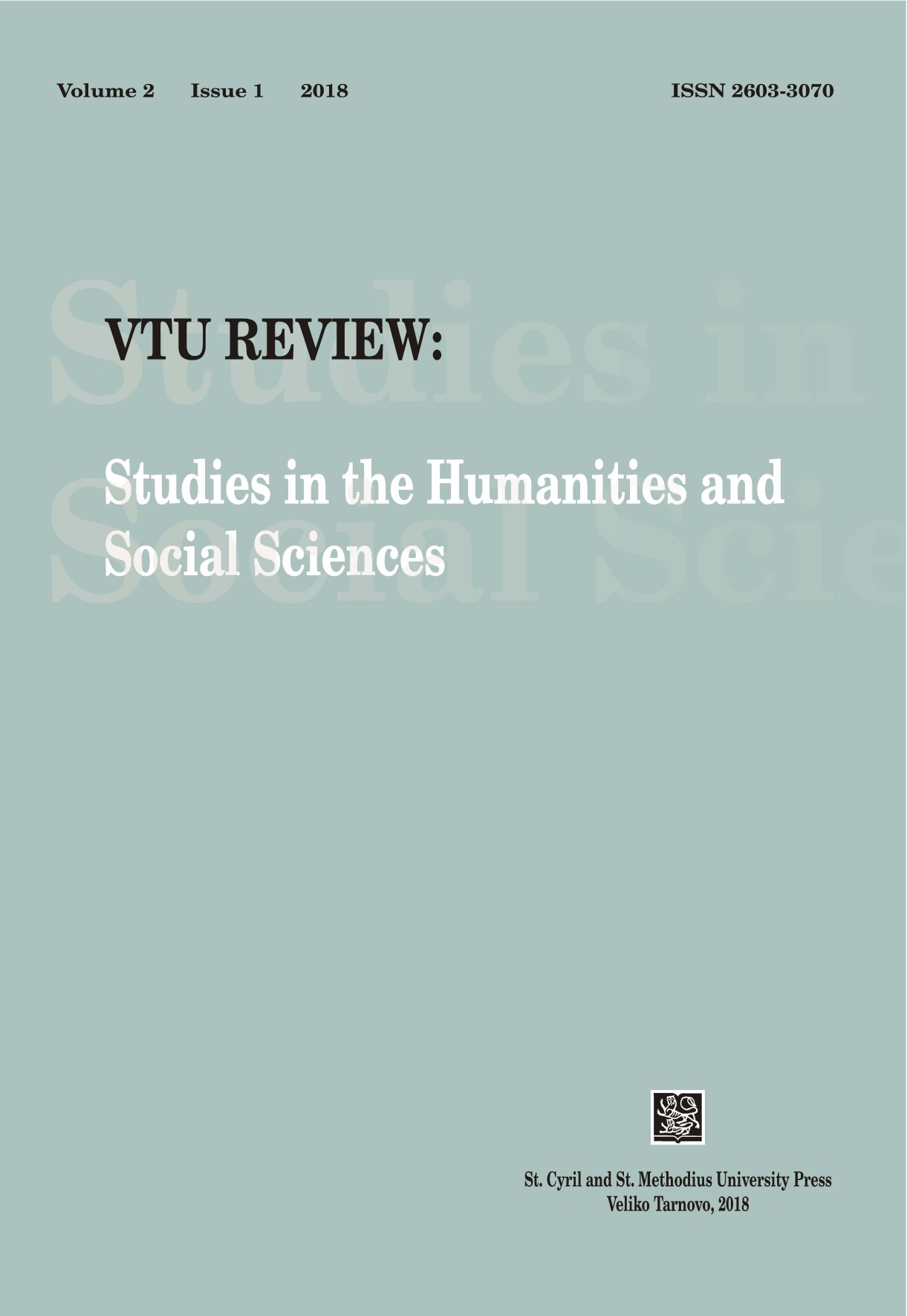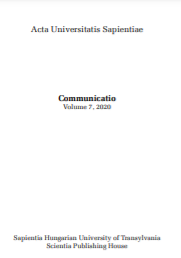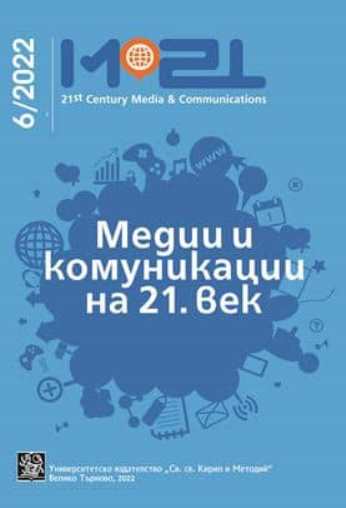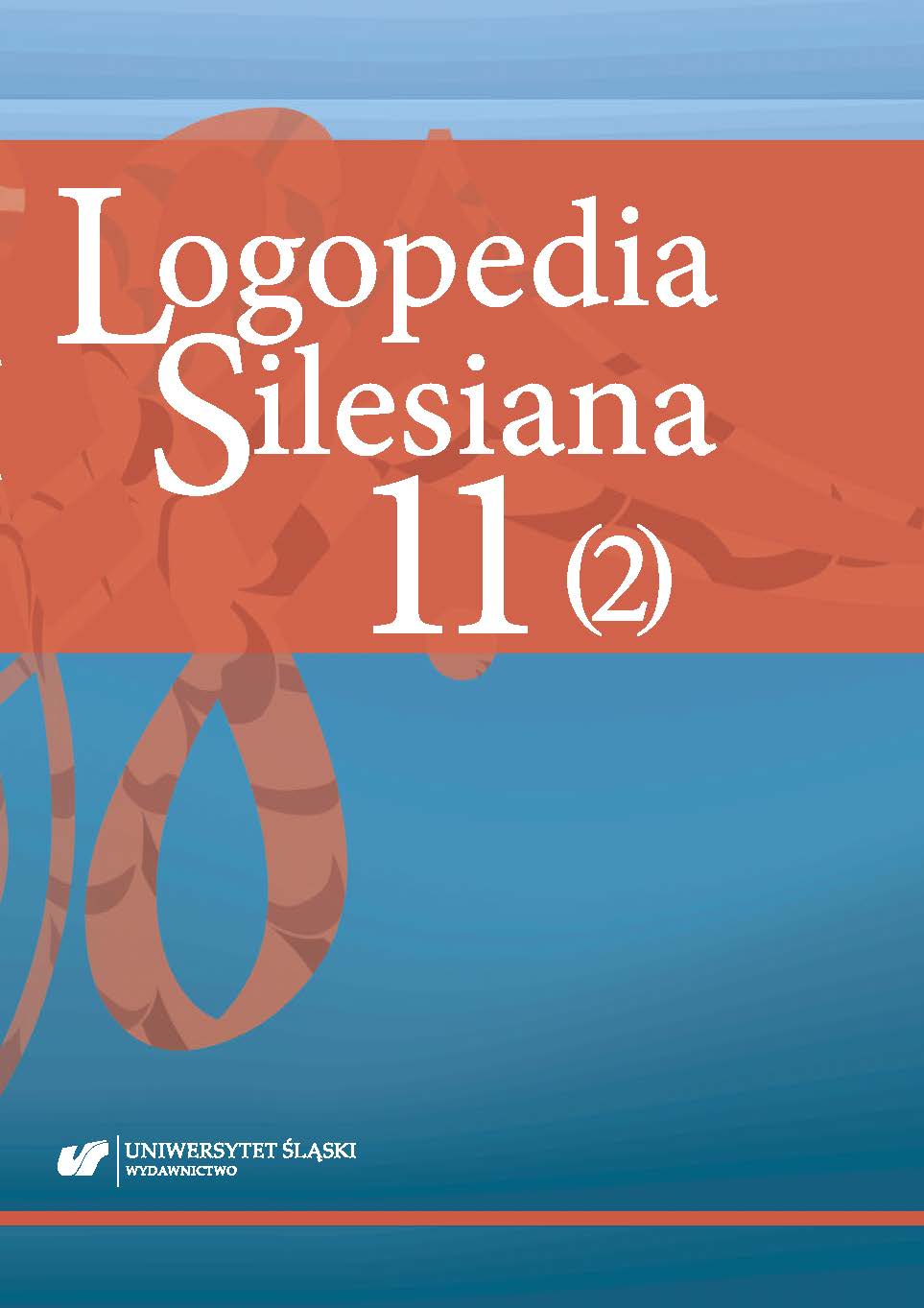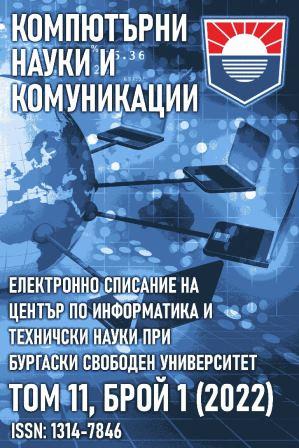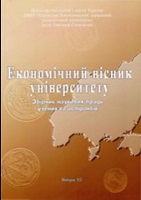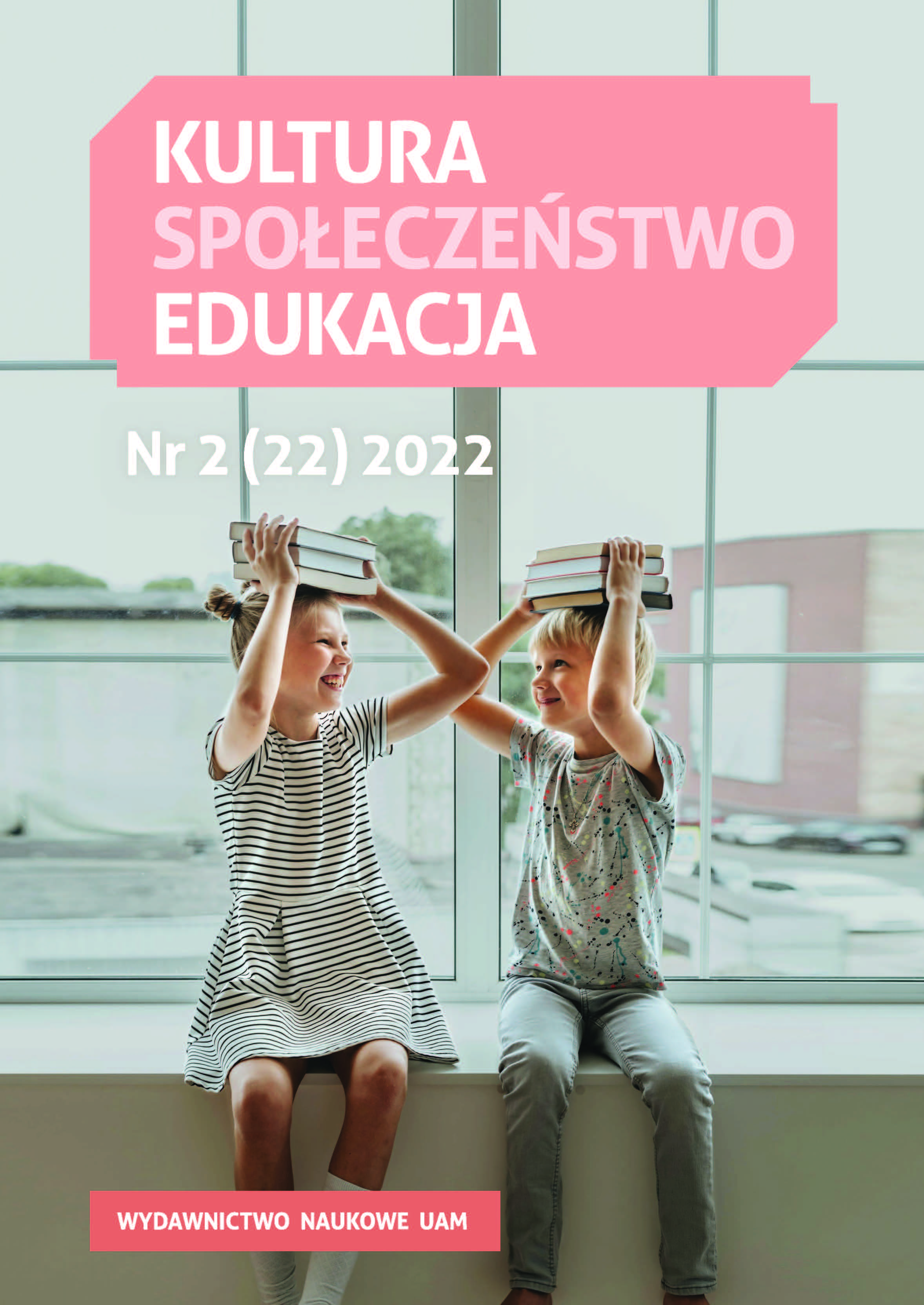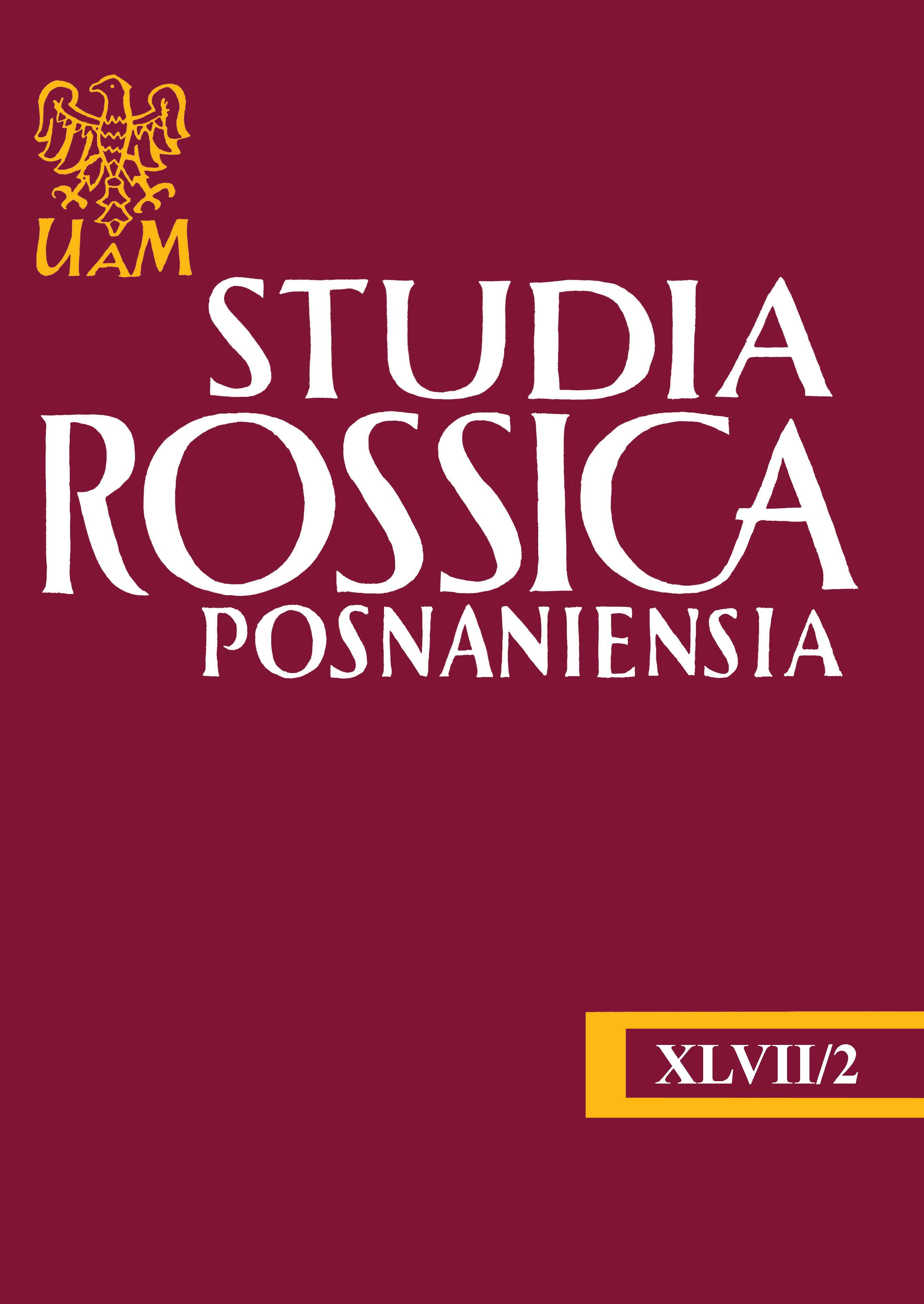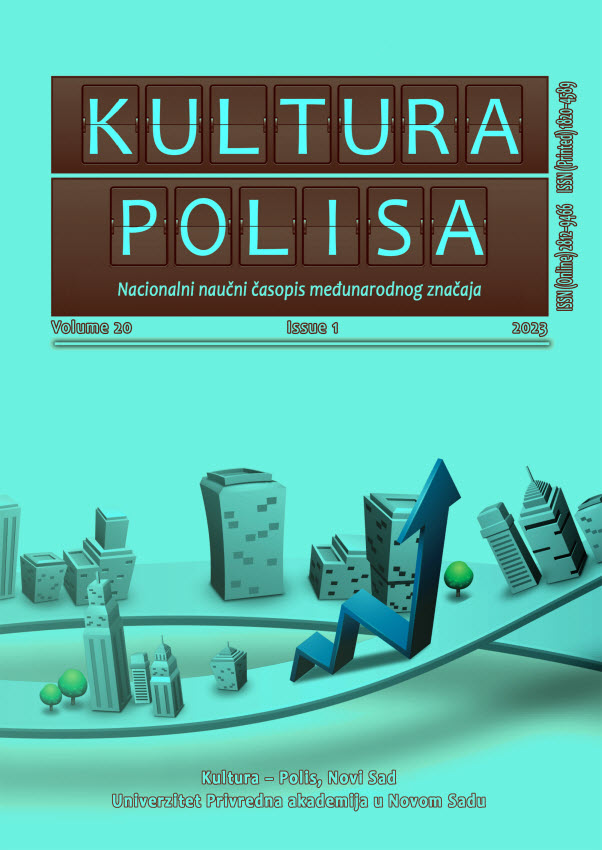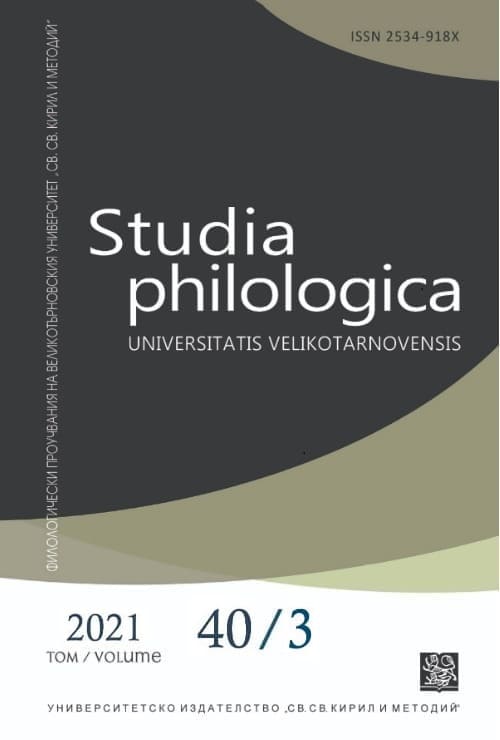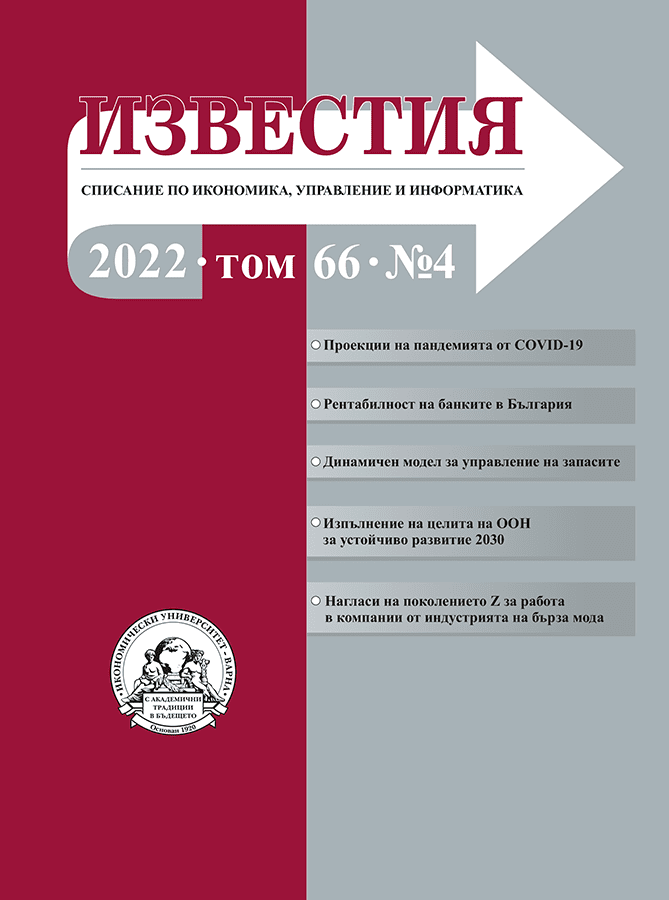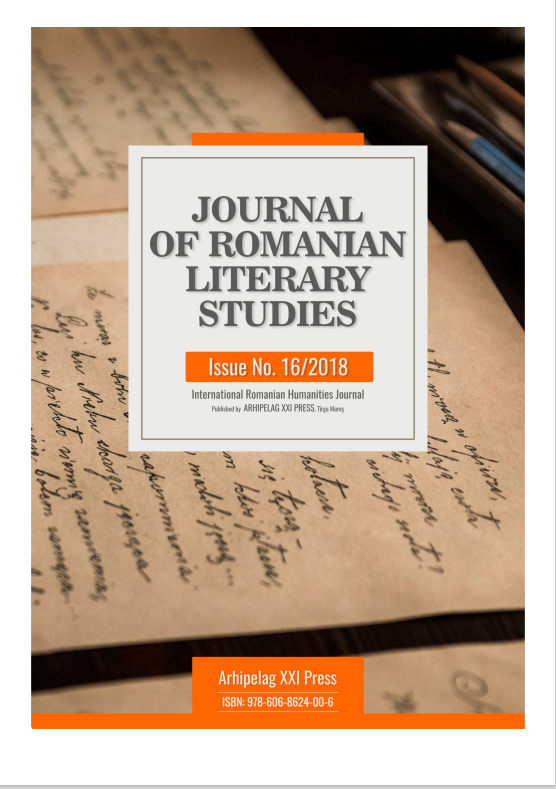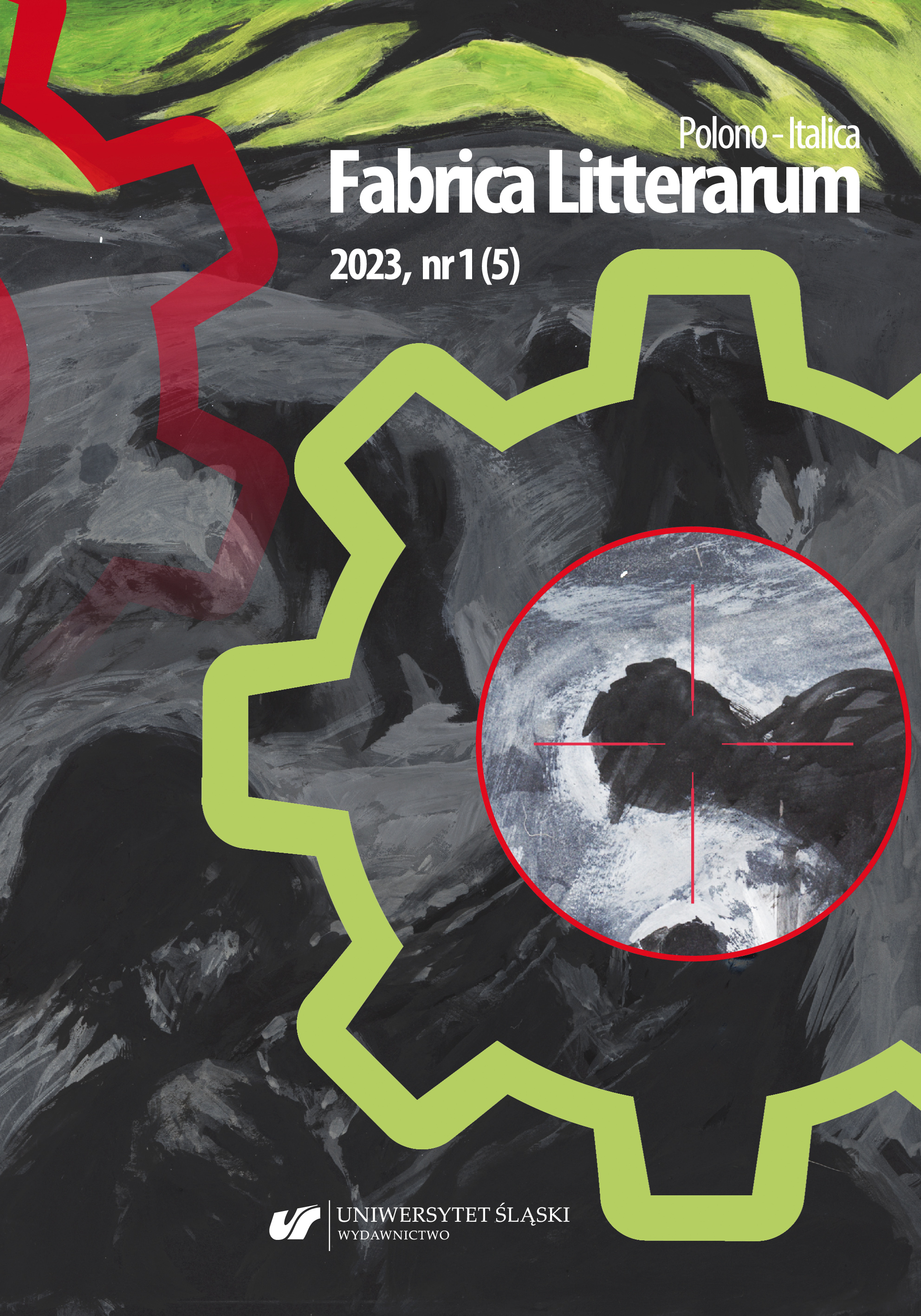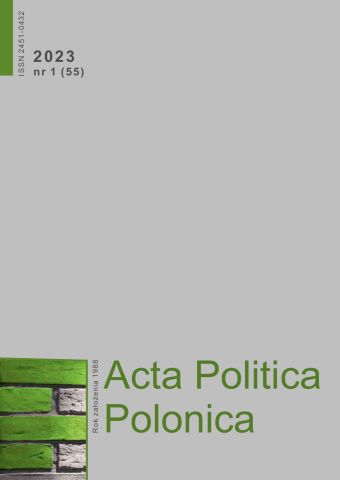Author(s): Mariana-Ana Bulmez / Language(s): Romanian
Issue: 16/2019
Regardless of the historical period, whether modern or contemporary, the media was an instrument of publicity of the terrorist act. Excessive media coverage of the terrorist act and the satisfaction of appetites for sensational public opinion, often overcome by the situation, led to situations that were hard to imagine: the society unhappy with a certain situation, insecurity, and violent reaction to the authorities at that time to the government. Thus a collective and generalized psychosis has been inoculated, an eloquent example of which is the speech by the leader of fundamentalist terrorism, Ben Laden, immediately after the launch of US military defeat against Afghanistan on 7 October 2001 via Al Jazeera, as well as the fierce call to jihad spokesperson for the Al Qaeda organization on October 10, 2001. The stakes were very high in this play of statements, and Ben Laden proves to be a very dangerous and subtle propaganda opponent knowing how to exploit his image in the Islamic world: "his ill-suited fragility, gallant gossip, the austere décor of his dwellings: caves, comfortless tents referring to the flight of the Prophet Muhammad to Medina, the unsavory Kalashnikov supported alongside, were perfectly matched with the profoundly religious asceticism and charge of messages, being perceived by Muslims as a genuine new prophet or martyr of Islam. " His actions are not inspired only by verses in the Qur'an, but are mainly political. The main claims are, in fact, to exclude Westerners from the Arab-Muslim traditional area of influence and to resolve conflicts, including the Arab-Israeli problem, a deep-rooted problem, which led to political and military instability in that area throughout the 20th century. Is Al-Qaeda a unique terrorist organization in history and very dangerous for the safety of Europeans only because it comes from Arab space? Probably not, because retrospectively, only in the 20th century, violent organizations acted everywhere in the European space, no matter what motivation they had: "Legion of the Archangel Michael" in 1927 in Romania; IRA, Irish Republican Army, organized in 1919 following the struggle for independence of Ireland; ETA, Euskadi ta Azkatasuna, "Basque Territory and Freedom", which emerged in Spain in 1959 with separatist aims and independence for the Basque Country in northern Spain; The extreme left-wing brigades in 1970 in Italy all fueled by group solidarity, based on a strong sense of national affiliation, creating true national myths and identifying their own ideals with the "will" of a whole nation, and the list can to remain open. Terrorism does not only appeal to the physical integrity of a nation, but to its moral structure.
More...
